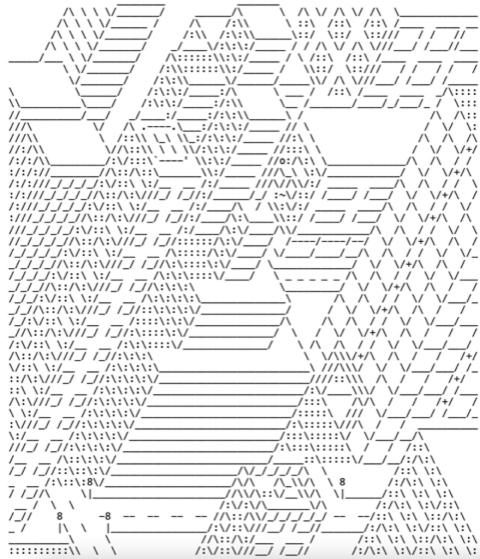A Data Analyst, a Sociologist, and a Planner Walk into a…: New Collaborations in Critical Urban Research

May 12-14, 2022
Center for Metropolitan Studies, Berlin
Numbers and calculation are making a big comeback in urban studies. Beginning in the 1980s, many scholars turned away from quantitative research toward a renewed focus on qualitative study: research questions that interrogate attitudes, perceptions, and beliefs; research designs that prefer ethnographic methods of interviewing and participant observation; theory that seeks to underscore relationality, process, and change. The field of critical urban studies emerged out of multiple disciplines, examining the crises and problems of the late capitalist city and new potentials for social justice and liberation. However, the increased use of digital devices and platforms, sensors, RFID tags, and other data capturing equipment, has pulled us back to numbers, and has opened new avenues for research in many directions central to the broader field of urban studies: mobility, health, logistics, climate, governance, etc.
Currently, we see a clear split between researchers who are working with these large data sets and those with backgrounds in qualitative research. Actual cooperation across these disciplines is extremely limited. In part, this split is a result of differing purviews: many qualitative researchers are critical of big data research for the same reason they were critical of the statistical sociological research of the 1960s and 1970s: numbers are limiting, partial, and although they often have the agency of authority, they do not give us a full picture let alone a real understanding. Many hold reservations about the ethics of data collection regarding privacy, surveillance, and inequities. However, the split is also reinforced by the high hurdle of gaining proficiency in data science and the programs involved as well as the difficulty of obtaining access to big data sets. Likewise, data scientists are often not exposed to the longstanding and varied traditions of critical thinking about urban and social theory within the social and spatial sciences.
Believing that a more intense collaboration is necessary for the future of urban studies, the Department of Urban Planning at the Brandenburg Technical University – Cottbus Senftenberg and the Institute of Geoscience and Geography at the Martin-Luther University Halle-Wittenberg here is holding an action-based workshop to be held in in collaboration with the Center for Metropolitan Studies at the Technische Universität Berlin May 12 – 14th, 2022. The event brings together twenty enthusiastic scholars to look at how communication between the disciplines can be facilitated. Over the course of the three days, smaller working groups will discuss and plan collaborative research designs based on shared research interests (e.g., mobility, governance, tourism, migration, sprawl, platform urbanism–to give a few of many possible examples). This active practice will allow us to better conceptualize intersections and hurdles more generally, and may hopefully lead to new research projects. The program will also include inputs, discussions, and debates surrounding the methodological and epistemological issues in bringing these two fields together. In these two ways we aim to contribute to a more generalized understanding of cross-sectional collaboration as well as to possibly kickstart significant collaboration in the field of urban studies.
Conference Organizers:
Dr. Emily Bereskin, Fachgebeit Stadtplaung, BTU-Cottbus
Dr. Nina Gribat, Fachgebeit Stadtplanung, BTU-Cottbus
Dr. Boris Michel, Intitute for Digital Geography, Martin-Luther University Halle-Wittenberg
Funded by the Bundeszentrale für politische Bildung
